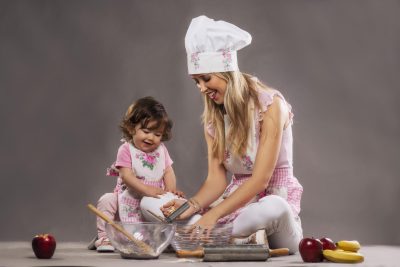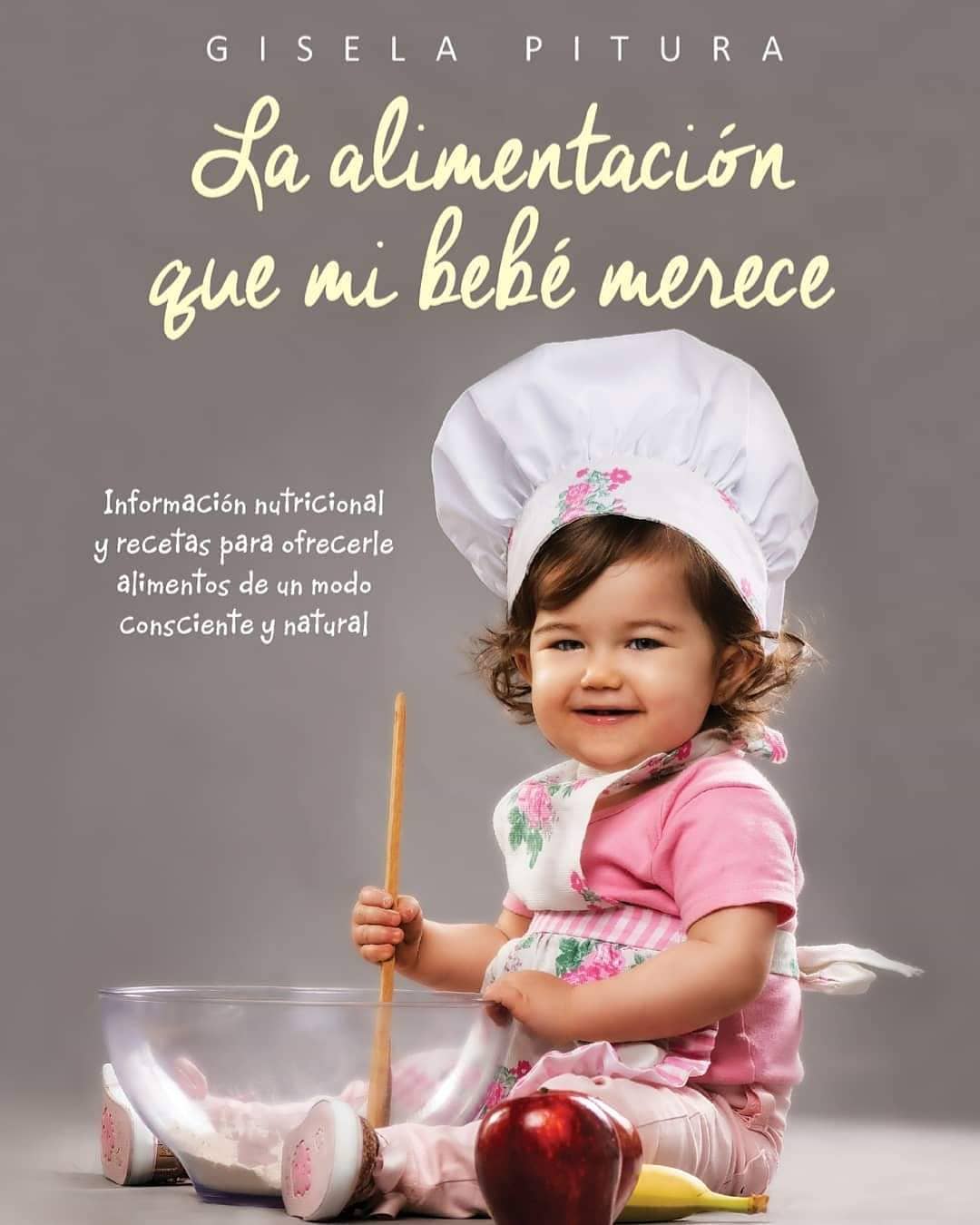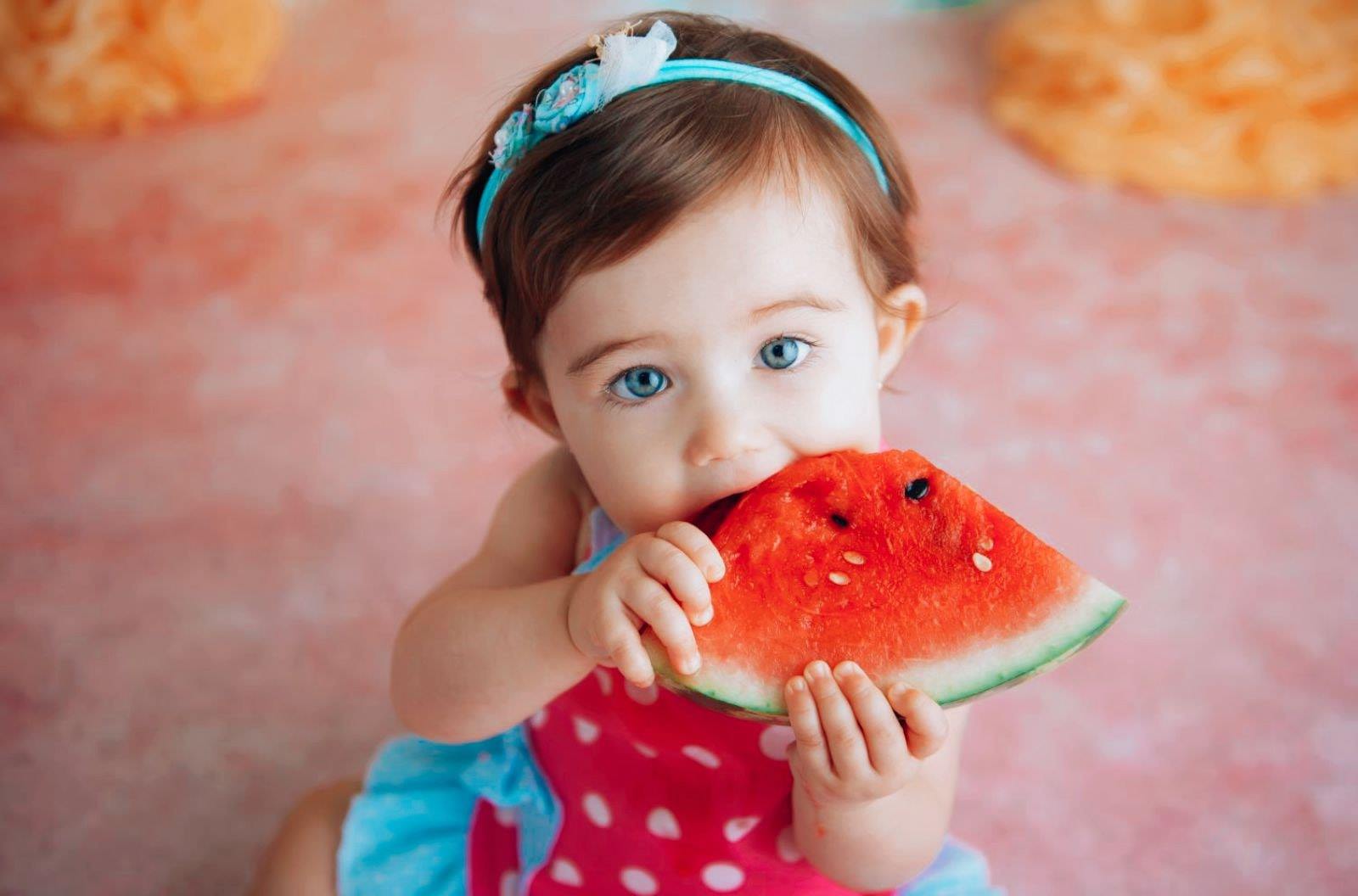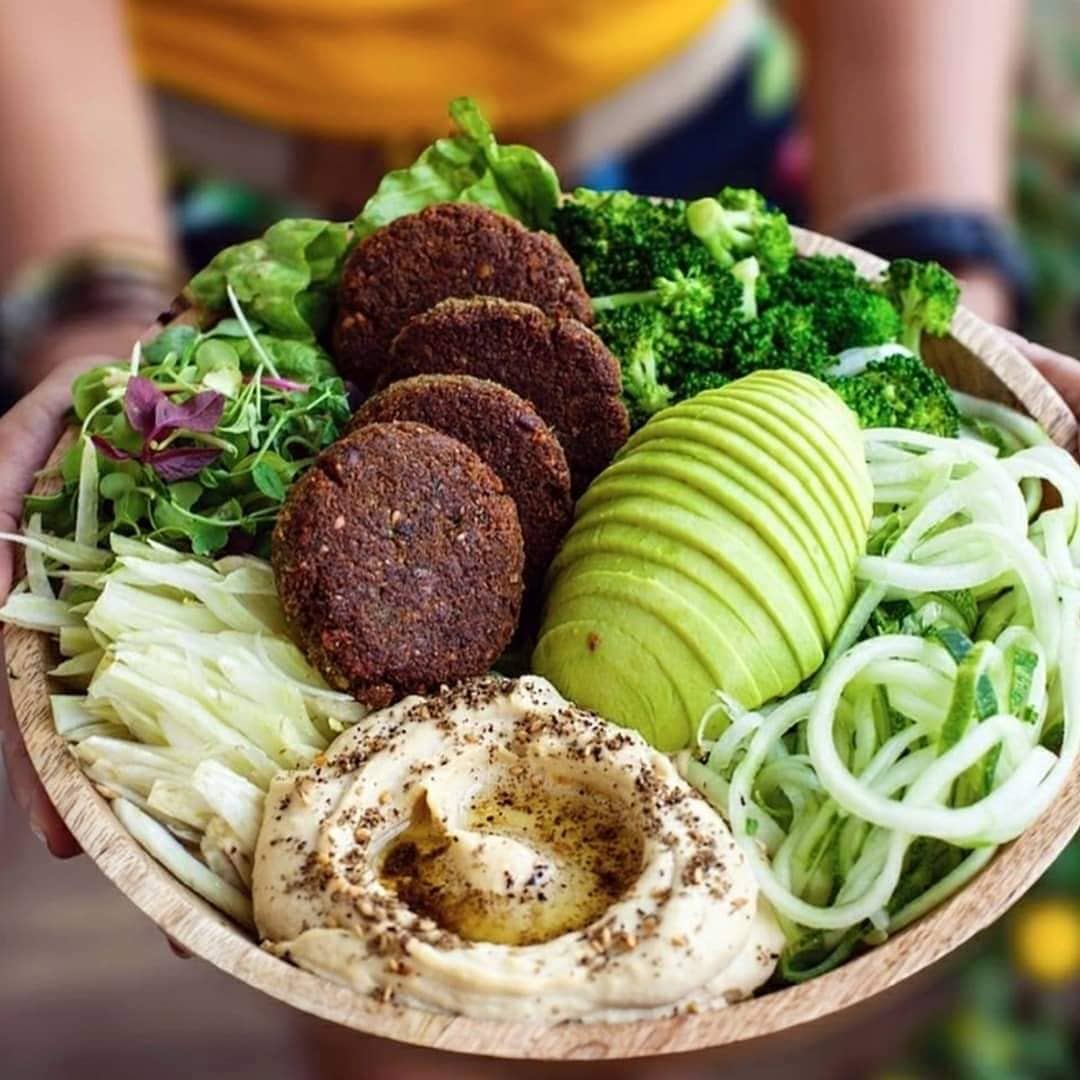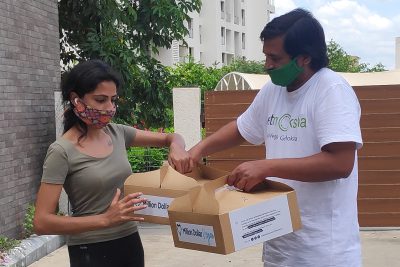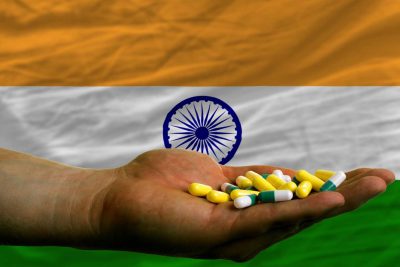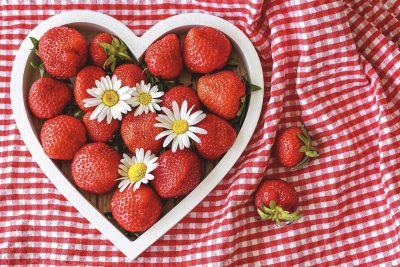We talk to Gisela Pitura (@giselapitura), a writer and educator with a master’s degree in nutrition, one of the foremost experts in plant-based nutrition in Latin America and a body, mind and soul therapist with a natural and holistic approach. She is also the director of Panchakarma, two holistic health centers, where a wonderful group of professionals is working for the well-being of those who visit them.
Her mission is to help people experience true wealth: to enjoy a life full of health and energy through a new relationship with food, physical activity and spiritual well-being; to create a world with more harmony and a greater connection; to be able to live fully, with energy and passion, avoiding the suffering and death of other sentient beings.
Her knowledge, acquired from research, her own experiences and those of her patients is reflected in her books: “Nutrition of the Body, Mind and Soul” and “Food that Heals“, both on plant-based nutrition.
In her new book is called “The Feeding that My Baby Deserves”, and was written after becoming a mother and having gone through a healthy pregnancy, lactation and upbringing of her 2-year-old daughter, all on a vegan diet.
On her website you will find information, books, contact information and more!
Institutions such as the Academy of Nutrition and Dietetics declare that a plant-based diet is suitable for all stages of life. Does this include pregnancy, lactation and childhood? What are the most important aspects that must be considered when adopting this diet during these stages of life?
Yes, a plant-based diet is adequate and beneficial in these stages. When I got pregnant they asked me if I would go on without eating animal products. I understood that people did it out of concern because there is the idea that vegan food is not enough, that the body “needs protein from meat” (as if plants did not have it) and that in pregnancy you need more iron and calcium (as if plants lacked these). My response was a resounding “obviously!”.
I want to tell you about my experience. I had a beautiful pregnancy, with no lack of any vitamins or minerals.
My baby grew up very well, with exclusive breastfeeding for the first six months and then I continued for 26 months, and now we are supplementing with natural foods. She does not drink cow’s milk and she gains weight perfectly. She is a very healthy baby!
It is necessary to debunk the myth that in order to have a healthy pregnancy and for the baby to be healthy you need to eat animal products. That is not true. In fact, there are more risks of contracting diseases by consuming undercooked meat, for example. Keep in mind that the antibiotics present in animal products impact the placenta directly, that is, they end up in the baby. The same as mercury in fish and the genetically modified (transgenic) organisms with which animals are fed.
The advice I can give to future moms is to read about nutrition, ask for help from a nutritionist who respects your values and choices and who is up to date (because there are still those who believe that we need to eat meat). Above all, if this is your choice, don’t let them fill you with fear. A mother would do anything for her child. If we are told that our baby’s health is at risk, we would do everything possible to avoid it which is why it is important to read, learn, investigate and question.
I’m not saying everyone should do what I did. Each person is unique and they must do what their conscience and their heart dictates. I just want to tell my experience to help break down these deeply held myths.
The important thing in all stages of life is to incorporate the nutrients we need to meet the requirements.
At 11 years old, my nutritionist recommended I did not become a vegetarian as I was growing up as it could be detrimental to my health. Why do you think there are still health professionals who do not recommend a vegan diet?
In my opinion, I believe that this is due, firstly, to lack of information. Many health professionals do not update themselves or consciously choose not to update themselves on issues like this because they disagree. Besides, there are some detractors of vegetarian food such as the many food industries that are responsible for financing scientific studies that show animal products as healthy and essential. Science is on both sides. For example, there are scientific studies which state that dairy is healthy and there are studies which show otherwise. I think each professional chooses which studies to value. In my case, I choose to believe in those that are not financed by the industries that they defend, and that are confirmed by my experience and by those of hundreds of people who consult me daily.
I think another reason why certain health professionals do not recommend plant-based nutrition is that it would mean judging their own nutrition, and they must justify it somehow.
We know that including fruits and vegetables into children’s diets can be difficult. What advice would you give parents seeking to include these foods without children rejecting them? For example, fun recipes, healthy and tasty snacks.
I wrote the book “The Feeding My Baby Deserves” to help parents create these habits from the beginning. I explain my self-regulated feeding method so that the introduction of these foods is effective. Children eat what they know and what is offered to them in their family. They do what their parents do because we are their example. Now, if the introduction of food has already been done in a way that was not adequate, it is a little more complicated because habits must be reversed, but it is not impossible. It is best to do it in early childhood and it involves the commitment of the whole family.
I share my recipes and ideas as a source to re-educate the child’s palate. Healthy eating must be tasty, this is one of the most important points to generate long-term adherence.
Something that people worry a lot about plant-based food is the deficiency of some nutrients. What vitamins are necessary to supplement? Are the doses different during pregnancy and childhood?
In my experience, I see many more cases of nutrient deficiencies in people who eat animal-based and ultra-processed foods than in vegetarians and vegans, and not only in pregnant and lactating mothers. In order to know what to supplement, in any case, it is first necessary to check the blood tests. The only nutrient to supplement in a plant-based diet is vitamin B12. However, I consider that the current omnivorous diet is very deficient in this vitamin too, and those who eat animal foods should also check their health and see if they need to supplement it.
Something I also like to emphasize is that animals are supplemented with B12 when they are turned into food which is why I particularly prefer consuming a B12 supplement and not a supplemented animal. There would be no point in eating more animals for this reason, as many believe. Dosages always depend on the test results.
Is it possible for gluten-intolerant people to have a vegan diet?
Yes, of course. They need only avoid the gluten found in wheat, oats, barley, and rye just like an omnivorous person.
There are some children who eat a plant-based diet and attend schools where this diet is not promoted or even supported. What advice would you give parents?
I believe that many schools already promote healthy eating, although later on in practice they find themselves somewhat lost because they often do not know how to implement it. Regarding vegan food, today there is much more knowledge and respect towards this lifestyle than before, so what I advise is that parents talk to all the people with whom the child has contact, such as teachers and headmaster, where the school provides their lunch.
In kindergartens, where it is usually the family who provides the food, explain the choice of food to whoever is taking care of the baby or infant so that it is respected.
If it is observed that they do not take this into account, I recommend taking a note signed by a nutritionist or doctor explaining the foods the children cannot eat, since most of the time a food intolerance is taken more seriously than a choice not to consume animals and their derivatives.
If you would like to take animals off your plate, avoid future pandemics, protect your health and the environment, download our Vegan Starter Kit where you will find tips to start, recipes, nutritional information and much more!
